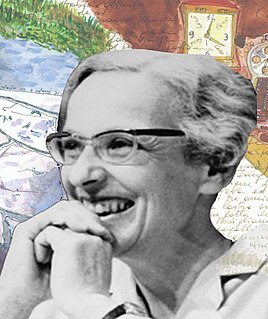A Quote by Terry Eagleton
Being brought up in a culture is a matter of learning appropriate forms of feeling as much as particular ways of thinking.
Related Quotes
When you do music concerts at Taj Mahal and the Acropolis, you have to be careful about your performance being appropriate with the place that surrounds you. It has to be appropriate to the culture - it should fit the building behind you, the environment you are playing it in and the culture of that place.
I have been brought up in a culture where capital punishment is indeed anathema. I have always thought of myself as a principled opponent to capital punishment. However, when thinking about how the topic is handled in other cultures, in particular the American, Russian and Chinese ones, I have realised that my own tack on the issue was utterly superficial.
At 36, I think I was pretty happy [actually], but here's the thing that I think happens... you're expected to be somewhere at 36, and there's that feeling: At this particular age - especially for women for God's sake - you should have this many kids, you should have a husband, or you should have this... and it's overwhelming. So that perpetuates the feeling that no matter where you are, no matter how much money you have, no matter how many kids you have, no matter how great they're doing, whether you want kids or not, married or not, it doesn't matter - you feel behind.
If you had the perception that you are very stressed out then your grey matter was fully 20 per cent smaller in volume than people who did not have that same feeling. This is the grey matter in your prefrontal cortex: It controls thinking, learning, planning, decision-making. That matters because when we are feeling more stressed, that is when we are at our most vulnerable in our inability to think our way out of it.
The practice of assertiveness: being authentic in our dealings with others; treating our values and persons with decent respect in social contexts; refusing to fake the reality of who we are or what we esteem in order to avoid disapproval; the willingness to stand up for ourselves and our ideas in appropriate ways in appropriate contexts.
My first series, the 'Inheritance' trilogy, in the first book, you were dealing with a woman of color from an impoverished culture, being brought up among wealthy, privileged white people and having to cope and perform in ways that she has not been raised to do, and that was obviously drawn from some personal experiences.
To sum up: numbers appear to represent both an attribute of matter and the unconscious foundation of our mental process. For this reason, number forms, according to Jung, that particular element that unites the realms of matter and psyche. It is "real" in a double sense, as an archetypal image and as a qualitative manifestation in the realm of outer-world experience.




































